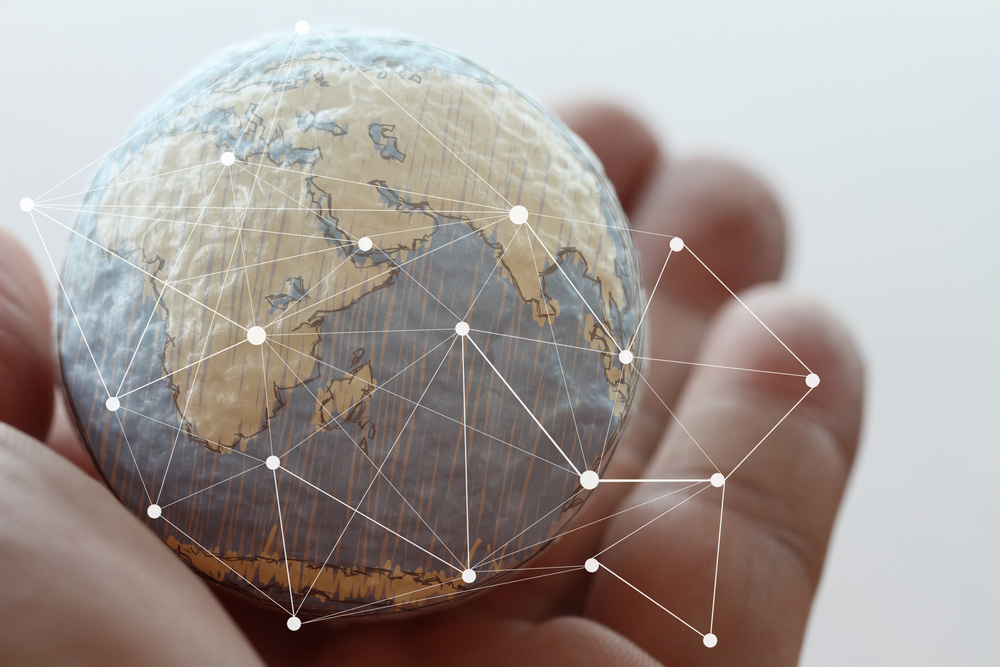 Technological advances and shifts in consumer demands have consistently driven changes to business models for years. Periodically, we see new trends that revolutionize the way we communicate, how we shop, and where we consume media. These changes often happen organically through innovation from companies reimagining the way we operate today. However, large-scale global events such as war, disease, and economic depression have historically forced monumental shifts in much shorter timeframes. Companies around the globe are facing that shift now as we deal with fallout from the current Covid-19 global pandemic.
Technological advances and shifts in consumer demands have consistently driven changes to business models for years. Periodically, we see new trends that revolutionize the way we communicate, how we shop, and where we consume media. These changes often happen organically through innovation from companies reimagining the way we operate today. However, large-scale global events such as war, disease, and economic depression have historically forced monumental shifts in much shorter timeframes. Companies around the globe are facing that shift now as we deal with fallout from the current Covid-19 global pandemic.
Many sectors have been hit hard, specifically retail, restaurants, hotels, and travel services. Millions of Americans have already lost their jobs and millions more could potentially follow suit. According to James Bullard, President of the St. Louis Federal Reserve, projections show unemployment could reach a high of just over 30%, though that is predicted to be short lived. Companies looking to continue serving customers have switched to a largely remote model in record waves. Schools have transitioned to distance learning, the entertainment industry has found new ways to distribute content while theaters are shut down, and even Broadway has transitioned online. Yoga studios, fitness centers, and sports coaches have turned to platforms such as Zoom to continue offering classes. Restaurants are more reliant now than ever on drive through locations and curbside pick up. What is the main driver supporting this shift? Connectivity.
Has the economy been impacted? Absolutely. Will it take time to recover, undoubtedly. However as a society, we are better prepared to minimize the impact, economically, than any other time in history. Cellular and Wi-Fi connectivity, combined with the proliferation of technology in recent years have primed modern businesses for the remote age. In fact, many workplaces were already gravitating towards this new model. Companies that were starting to dip their toes in the remote workforce waters have been forced to dive in the deep end. Some are treading, some learned to swim, but very few, if any, are drowning. The key to staying afloat will be to build a sustainable and secure remote model that can easily be monitored and maintained to keep employees productive while keeping data secure.
These monumental shifts, which have occurred in a matter of weeks, will not disappear once the threat is gone. As a workforce, and as a society, we will emerge with a renewed perspective. We are learning how to communicate more efficiently, we are learning how to be more cost effective, we are finding new ways to connect with one another, and we are building stronger relationships, personally, and professionally.
Social distancing and stay-at-home orders are not new. During the Bubonic plague, theaters were forced to shut down to help prevent the spread, but Shakespeare kept working and wrote King Lear while quarantined during that time. We can and will continue to accomplish great things during this time of adversity and come out stronger as a society. Business will find new ways to thrive and rebuild.


